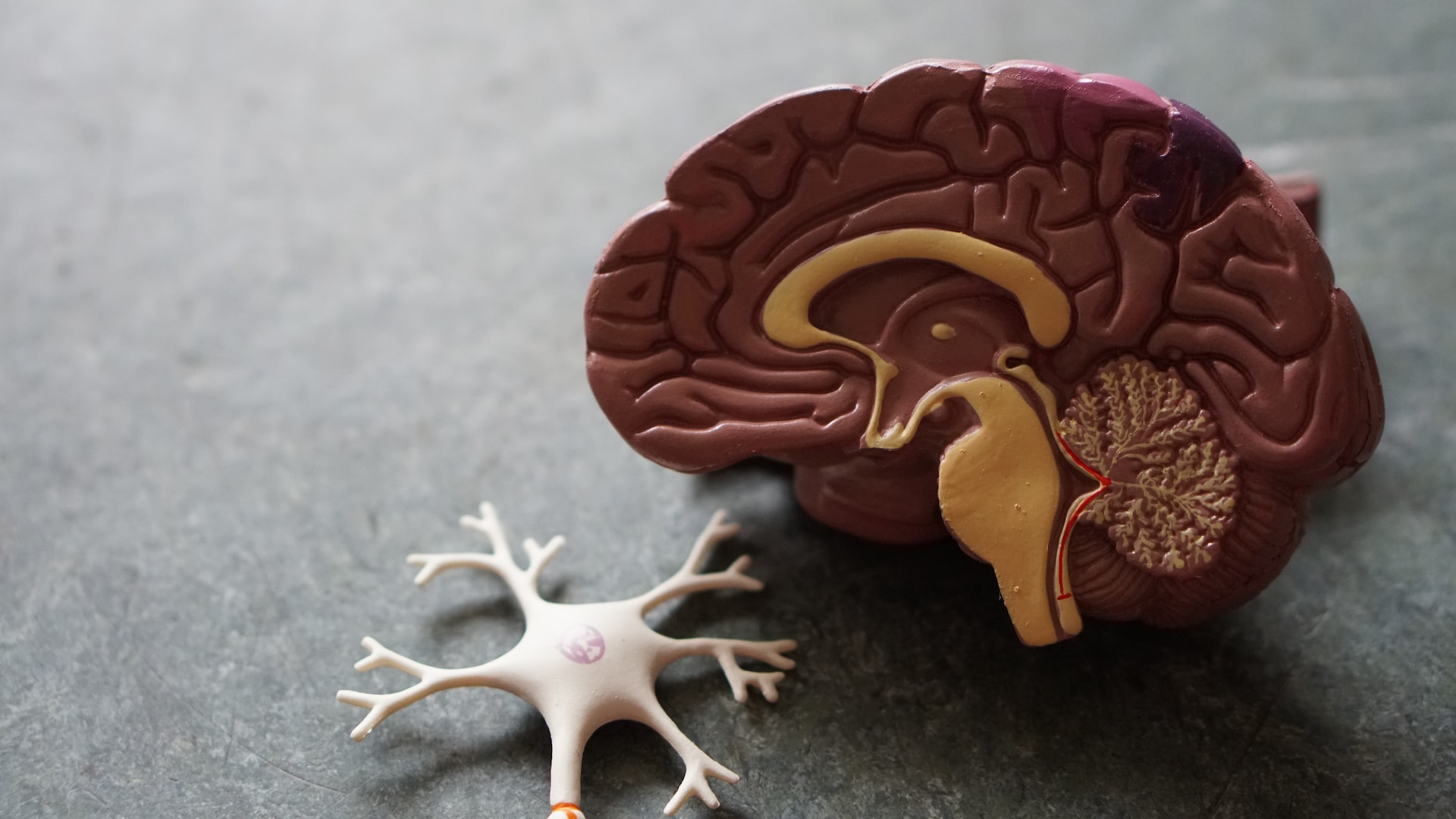How Instant Gratification Ruined Patient Friendship
Instant gratification has become a hallmark of our digital age, where everything from information to relationships is just a click away. This phenomenon has profoundly impacted how we form and maintain friendships, often leading to a lack of patience and depth in our connections.
In the past, building friendships required effort and time. People would meet, share experiences, and gradually develop strong bonds over months or even years. However, with the rise of social media and online platforms, the dynamics of friendship have changed dramatically. Now, it’s easy to connect with many people at once, but these connections often remain superficial. The instant access to a wide network of acquaintances can make us feel like we have many friends, but in reality, these relationships lack the depth and intimacy that comes from face-to-face interactions.
The abundance of options available online can also foster a “grass is greener” mentality. People might feel that they can always find someone more interesting or compatible with just another swipe or click. This mindset discourages the effort needed to nurture and maintain long-term friendships. When challenges arise, instead of working through them, it’s easier to move on to someone new. This constant pursuit of novelty undermines the patience and commitment required for meaningful friendships.
Moreover, the instant gratification culture can lead to a decline in meaningful social skills. As people spend more time interacting digitally, they may struggle with face-to-face communication, which is essential for building strong, lasting relationships. The lack of real-world interactions can result in feelings of loneliness and isolation, even when surrounded by a large online network.
Social media platforms often present curated versions of people’s lives, making it seem like everyone else is having more fun or achieving more. This can create unrealistic expectations and dissatisfaction with our own friendships. Instead of valuing the depth and authenticity of real-life connections, we might focus on accumulating more online friends or likes. However, true friendships are built on shared experiences, trust, and mutual support—elements that cannot be fully replicated in a digital environment.
Ultimately, the shift towards instant gratification has altered how we perceive and engage in friendships. While technology has made it easier to connect with others, it’s crucial to remember that meaningful relationships require patience, effort, and real-world interaction. By recognizing the limitations of digital connections and prioritizing face-to-face interactions, we can cultivate more patient and enduring friendships.





